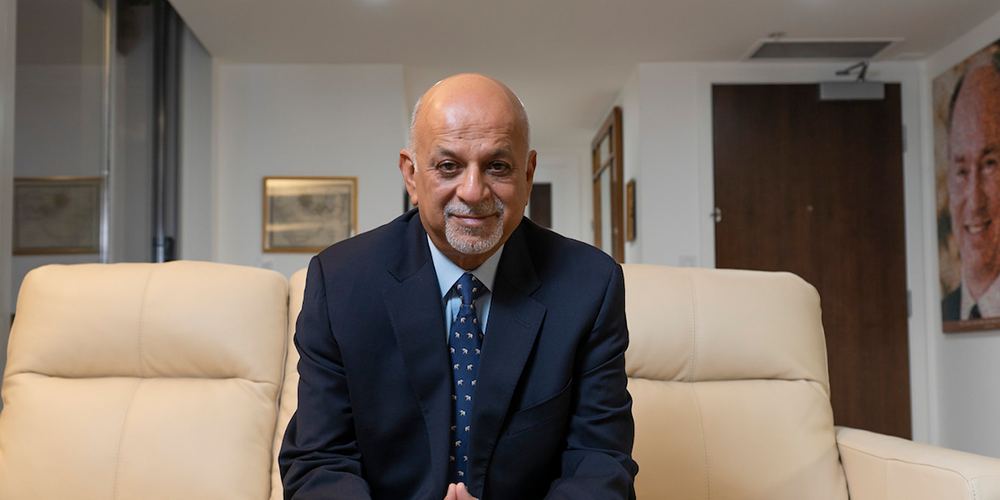
Altaf ‘Aly’ Nazerali is an Ismaili Muslim, a sect of Shia Islam that believes strongly in community service and support. Nazerali shares his community’s central values of relieving the hardship, pain, or ignorance of those less fortunate, both in Canada and globally.
Inspired by his own family’s tradition of community service dating back to the early 20th Century, when his grandfather helped establish a school in Moshi, Tanzania, Nazerali is a strong advocate for education and health care as catalysts for individual growth and community endurance.
Nazerali was named a Paul Harris Fellow by Rotary International in recognition of his charitable work. The family actively supports a number of civic organizations in Vancouver, Canada, and internationally. Focusing on education and health, these have included:
A School for Girls
Nazerali’s family helped fund a boarding and vocational school for girls in Bhuj, India from where the family originated. The girls’ school is located in one of the most deprived regions of rural India. Nazerali is a strong believer that educated young women will not only educate their own children, but also have marketable skills they can use to supplement income for their families and improve the quality of their lives.
The boarding school attracts students from several villages within the region, providing primary and secondary education, along with skills training.
A Hospital for the Community
In 2002, Aly Nazerali and his family made a multi-million-dollar donation for a medical facility attached to the Aga Khan University Hospital, Pakistan’s leading medical institution and teaching facility.
The Nazerali-Walji Building is a 25,000-square-foot facility that provides ambulatory care, and other ancillary services. The three-storey Nazerali-Walji Building is a multipurpose facility providing outpatients with easy access to a host of services including clinics, diagnostics, welfare, specialist referrals, and a pharmacy – thus helping meet the ever-growing demand for quality accessible health-care services in Pakistan.